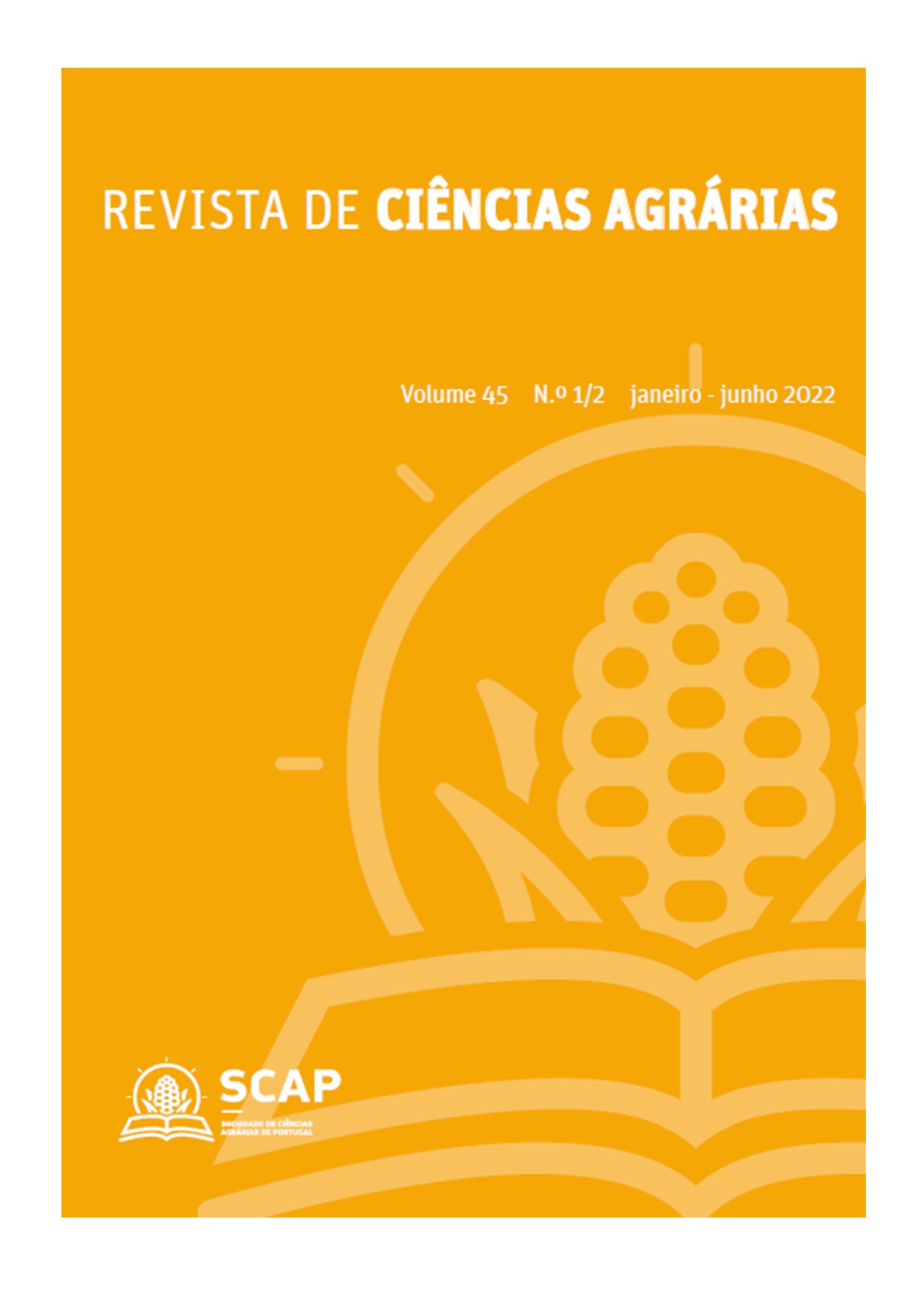Phytomass and quality of passion fruit seedlings under irrigation with saline water and nitrogen fertilization
DOI:
https://doi.org/10.19084/rca.25601Abstract
The passion fruit tree has great socioeconomic importance in Northeastern Brazil, however, in this region; the sources of water available for irrigation contain high concentrations of salts, which can cause osmotic and ionic effects on the
plants. In this sense, the objective of this work was to evaluate the phytomass and the quality of the passion fruit seedlings
cv. BRS Rubi do Cerrado under irrigation with saline water and nitrogen fertilization. The research was carried out in a greenhouse at CCTA/UFCG, using a randomized block experimental design, in a 5 × 4 factorial scheme, testing five levels of electrical conductivity of water – ECw (0.3, 1.1, 1.9, 2.7 and 3.5 dS m-1) associated with four doses of nitrogen (50, 75, 100 and 125 mg N kg-1 of soil) with four replications and three plants per plot. Electrical conductivity of water
from 0.3 dS m-1 promoted a decrease in stem dry mass and leaf succulence of passion fruit. Increasing doses of nitrogen attenuated the effect of the salinity of the irrigation water on the dry mass of leaves of the passion fruit tree. Nitrogen doses intensify the effects of salt stress on phytomass accumulation and leaf water saturation deficit. The passion fruit seedlings cv. BRS Rubi do Cerrado are considered quality when irrigated with electrical conductivity of water up to 3.5 dS m-1.


